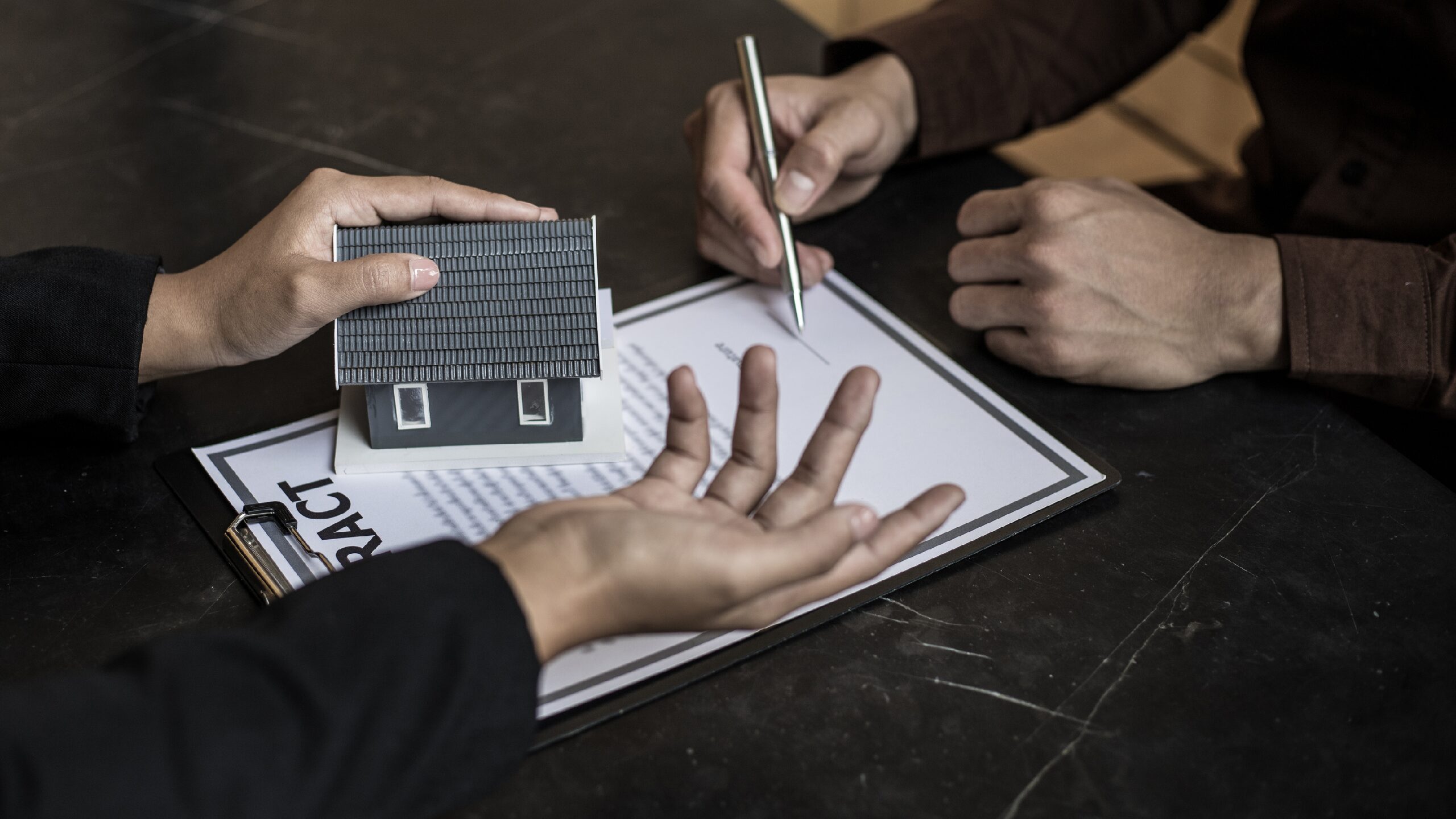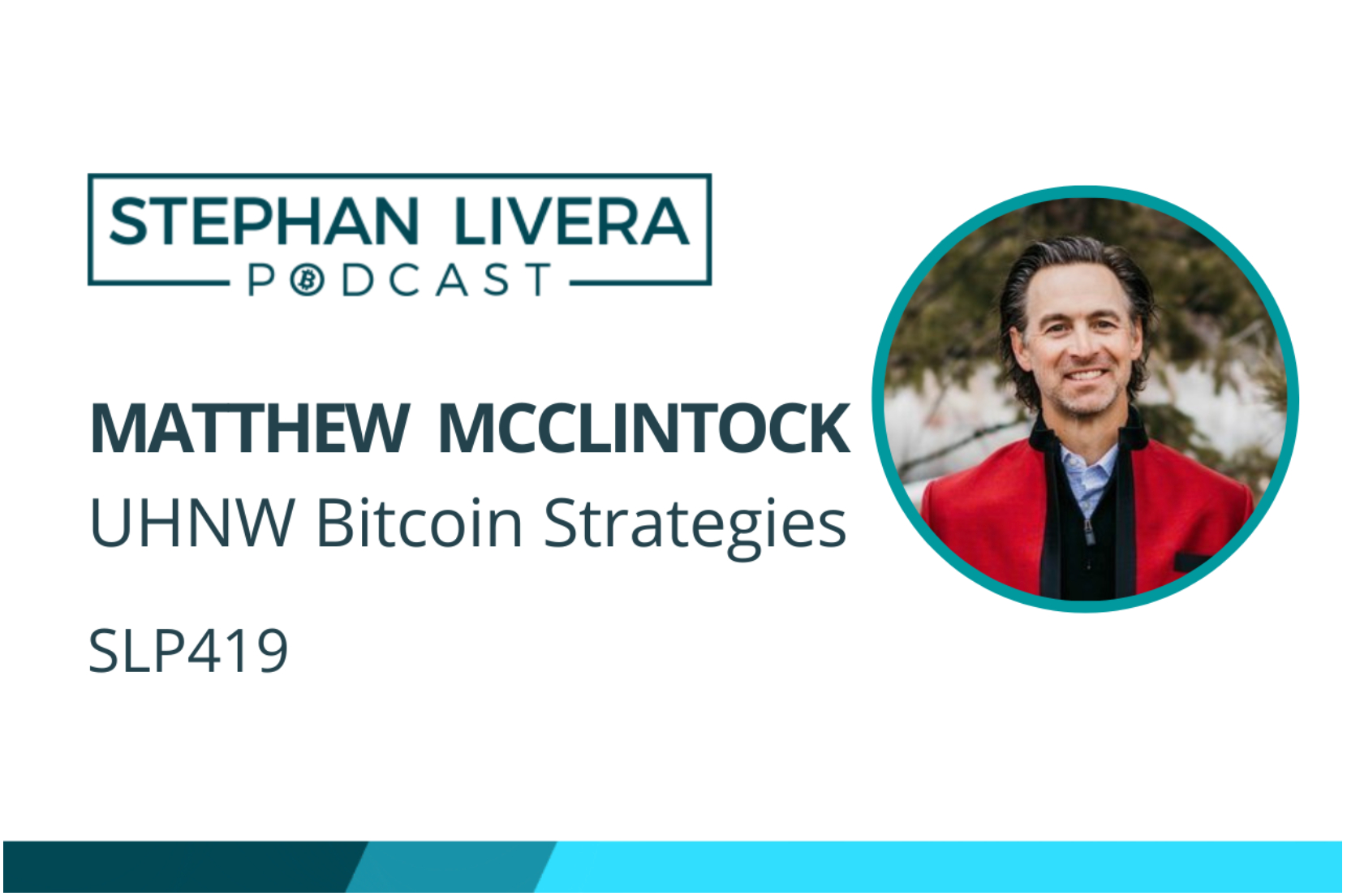Estate Planning on a Bitcoin Standard
If you want to be the only person in the world who has access to your Bitcoin while you’re still alive, then how do you make sure it’s handled correctly when you pass away? How do you ensure it’s passed along the right way and that you’re not passing along just a fraction of the wealth you left due to taxation and poor wealth management?
Why is estate planning so important?
So you have your stack and plan on passing the keys to your kids before you die. If that’s as far as your digital asset legacy planning goes, it’s an inadequate solution. Why? It’s naïve.
The government has created default rules that will dictate how your property will be distributed when you die. If you don’t intentionally create a plan to privatize this process, one that the law recognizes, odds are the decisions made on your behalf are not the ones you’d make for yourself. Proactive, intentional estate planning is the ultimate exercise in self sovereignty.
For more about why estate planning is so important click here.
Where to begin with estate planning?
Pick a trust. Why? A will, on the other hand, guarantees a probate process. The probate process, across the country, is a public process. Courts will step in when you pass away.
With a revocable trust or living trust, this is not the case. The transfer of wealth to the successor trustee can almost seamlessly take control of those assets, privately.
Learn more about getting started with estate planning and revocable trusts here.
A trust is an essential tool in estate planning.
Developing a trust is a process in which you articulate what you want to happen to your property in the case something happens to you. You decide who you want to manage the assets and how you want them to manage them. This applies to those with a couple hundred thousand of wealth and a couple hundred millions.
With Bitcoin, in addition to transitioning the private key material, there are still strategic provisions the trust should contemplate. You can learn more about those specifics by joining the conversation here.
Level up estate planning from more than a will or a trust.
A whole world of complex estate planning is out there. Check out this example:
A revocable trust is simply a way to privatize your asset decision making down the road, but it gets you zero tax and asset protection during your life.
Perhaps you want to shift some of your Bitcoin wealth out of your estate, for tax reasons. Maybe you’ll want to look at putting the Bitcoin in an irrevocable trust, so that growth is happening outside of your estate for tax purposes.
For more information on the many options to level up your estate planning from more than a will or a trust, click here.
Title and possession
What’s the difference between title and possession, and what’s the significance of these components within estate planning?
This conversation starts with severance of unilateral control. At Bespoke, we believe the use of a qualified custodian makes the most sense. If you aren’t paying for custody, then you are the product. Learn more about severance of unilateral control, title vs possession here.
How to identify an estate planner
Interviewing estate planners in your area? Here are some questions to help you evaluate them and ensure you’re selecting the right estate planner.
- How do they view planning? Is it a simple transaction or relationship that evolves over time?
- Fixed fee engagement or hourly? It’s important to know your all-in cost before committing to anything.
- Is estate planning a main focus of their company?
- Do they understand the nuances of dealing with Bitcoin?
Click here for more on how to identify the right estate planner.
This blog post is a summary of the Unchained Webinar Episode: Estate Planning on a Bitcoin. featuring our Co-Founders Matthew McClintock & Jonathan Mintz, Bespoke Co-Founders joined. Grab the full conversation here.
The following information is intended for general educational purposes only and should not be construed as legal or investment advice.











